
With a body of work that seamlessly merges surrealism, symbolism, and profound psychological depth, Samantha Casella has established herself as a visionary filmmaker. Having studied various cinematic disciplines across Turin, Florence, Rome, and Los Angeles, she has crafted a unique narrative voice that delves into the complexities of the subconscious, trauma, and human emotion. Her films, including Santa Guerra and Katabasis, have garnered extraordinary international recognition, winning hundreds of awards at film festivals worldwide. Beyond her work as a director, Casella has also stepped in front of the camera, bringing deeply personal and haunting characters to life. In this exclusive interview, she shares insights into her artistic journey, the inspirations that shape her storytelling, and her vision for the future of independent cinema.
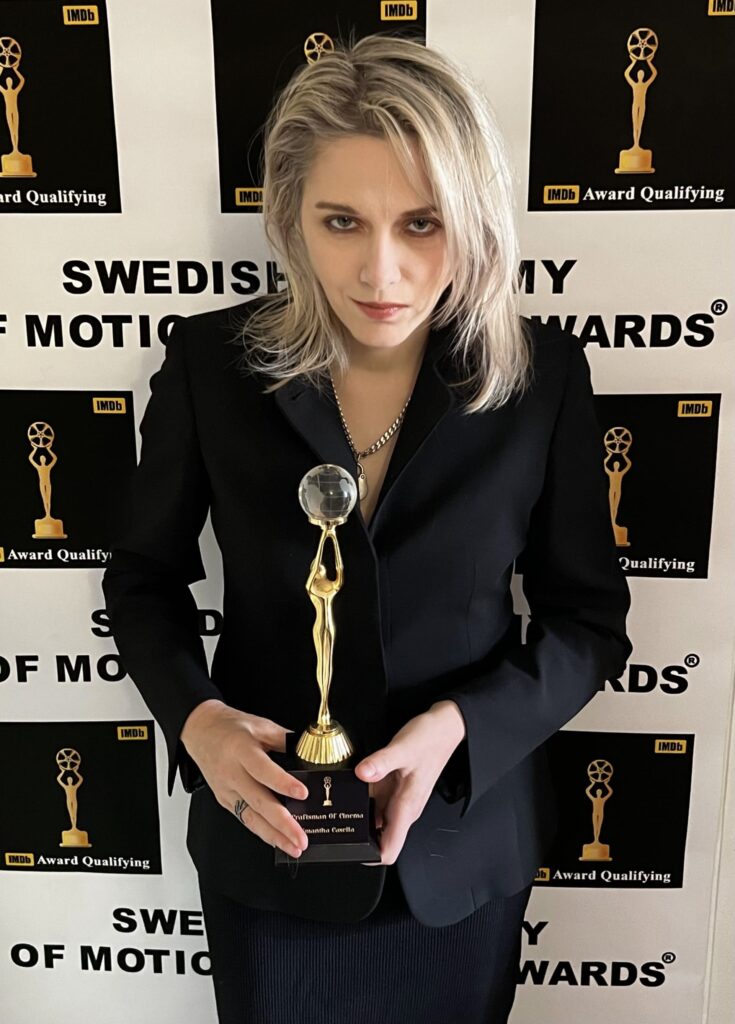
Your films often navigate surreal, dreamlike landscapes intertwined with deep psychological and existential themes. What first drew you to this kind of storytelling, and how do you approach transforming abstract emotions into cinematic language?
I have always thought that the “invisible world”, starting from the unconscious and the subconscious, is more interesting than the real world. Or rather, I believe that very often what takes shape inside us is more real than what surrounds us. I believe that this creative process gives space to symbolism, and metaphors, to atmospheres that sometimes only experienced during dreams. I am fascinated by the inner search. It becomes easier for me to translate a sensation, a smell, a taste into images.
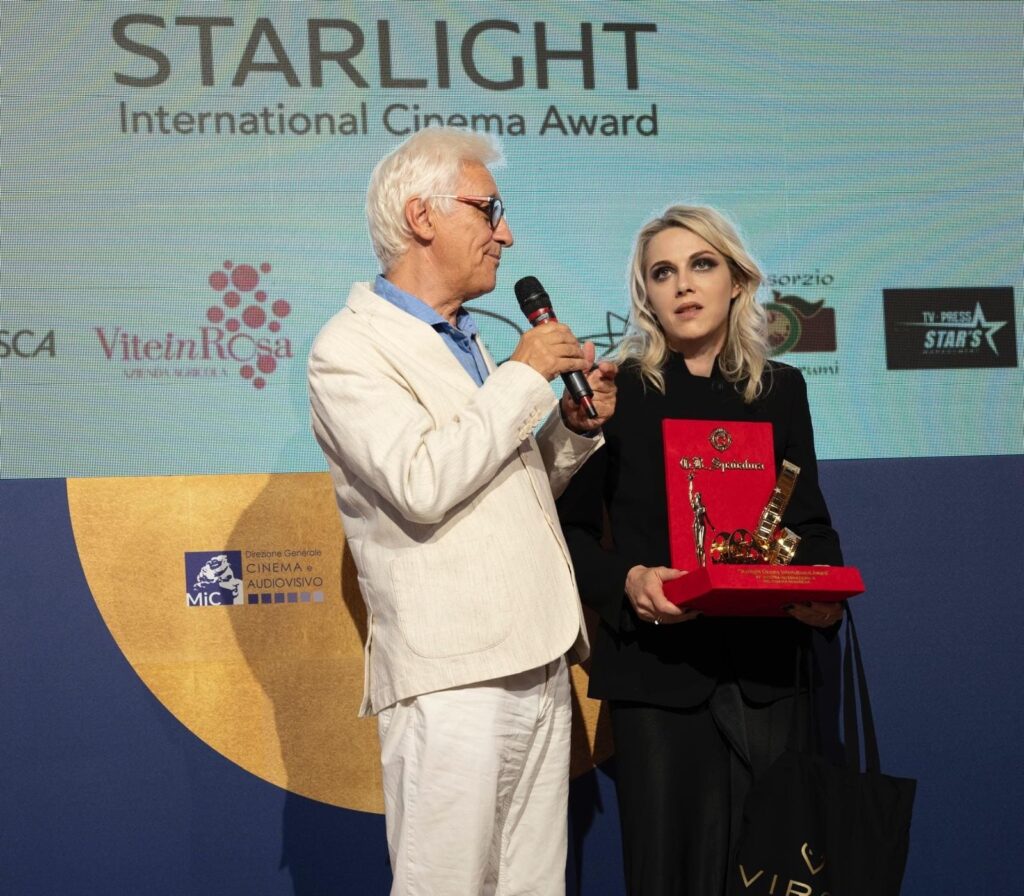
You’ve studied screenwriting, directing, photography, and acting across several cities—Turin, Florence, Rome, and Los Angeles. How have these different cultural and artistic environments shaped your vision as a filmmaker?
I can never fully immerse myself in cultural environments. I believe in life experiences. In the teachings transmitted by true masters. My directorial teacher, Giuseppe Ferlito, helped me understand my path. Many artists have showing me concretely the value of mythology or religious themes.In Los Angeles I was guided to put all these pieces in order and compose the puzzle.
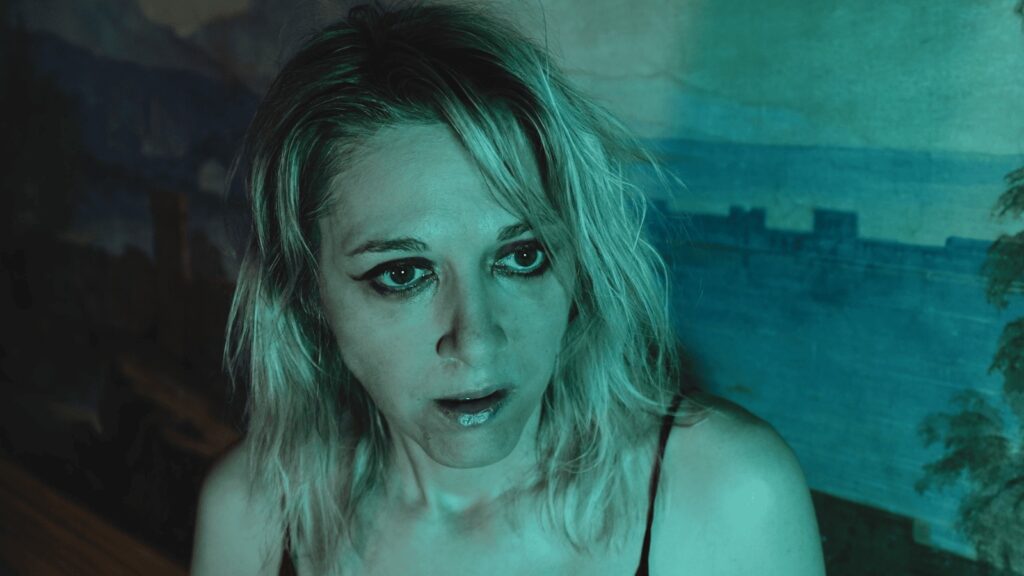
Your short film To A God Unknown won an astonishing 236 awards. What do you think resonated so deeply with audiences worldwide, and did this level of recognition change anything for you as an artist?
To a God Unknown features 3 segments in which I give voice to the poetry of Sergey Esenin, an excerpt from a novel by John Steinbeck and poetic verses by Arthur Rimbaud. They are three absolute geniuses that I have loved during my human growth. That short film changed everything: for the first time I felt I had mastered my own story. I felt ready for a feature film.
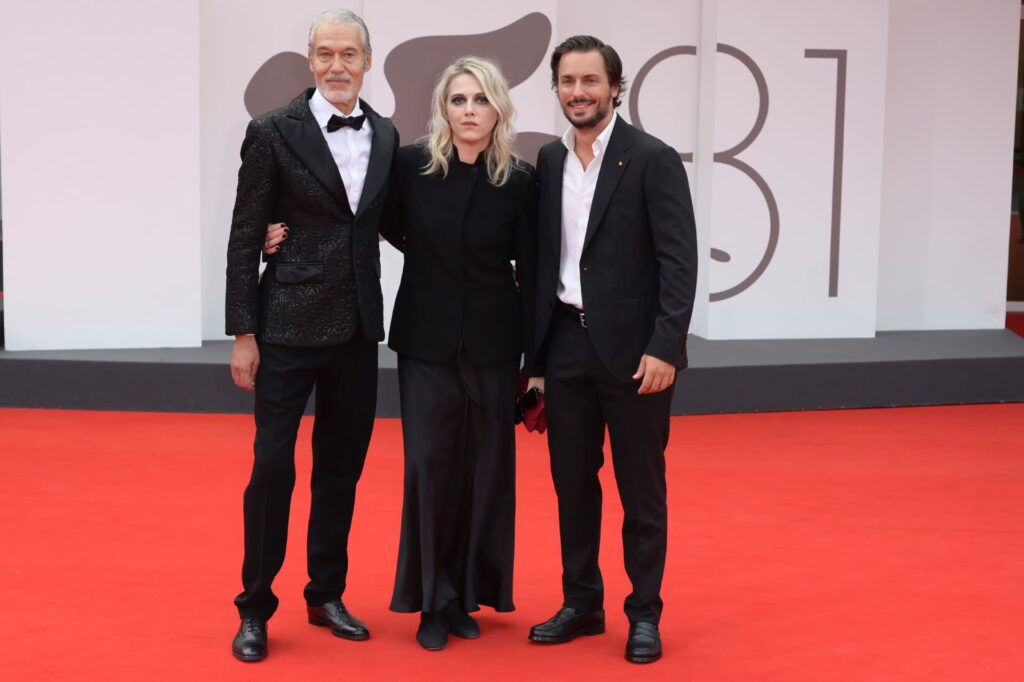
In Santa Guerra and Katabasis, you explore deeply personal and haunting themes—grief, trauma, and the subconscious. What emotions or experiences guided you in bringing these stories to life, and how do you balance vulnerability with creative control?
The moment I decided to make those films I accepted to expose myself, to lay myself bare. Even though through different stories and dynamics the protagonists face a sort of journey into their own subconscious. In Santa Guerra the subconscious is a prison. In Katabasis the subconscious is the hell. Some conditions are recurring: in Santa Guerra the trauma comes from a loss, in Katabasis the trauma originated from abuse. There are many other aspects that run through both films: feelings of guilt, a connection with mysterious energies, the relationship that the female protagonists have with motherhood, the impossibility of forgetting and the importance of forgiveness. I don’t balance vulnerability and creative control, I just want to be sincere, to not lie to the viewer.
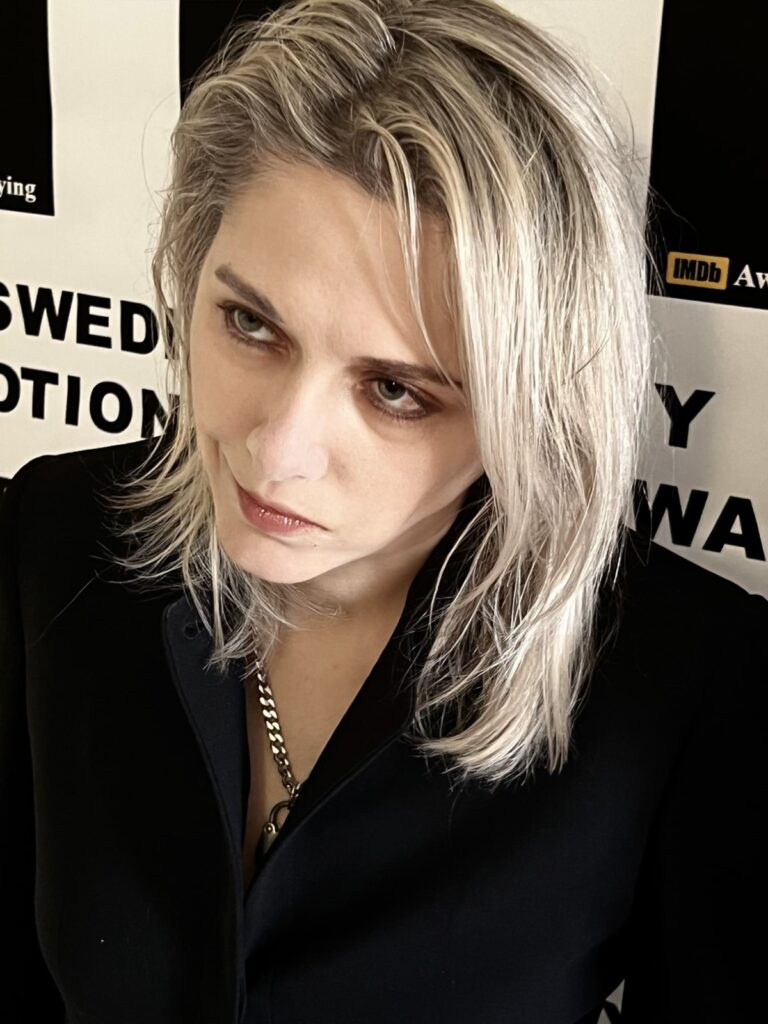
As both director and leading actress in The Antithesis of Love and Katabasis, how does wearing both hats challenge and enrich your creative process? Do you find that acting in your own films alters your directorial approach?
I didn’t want to study acting. To a certain extent I was forced to do it. Many people claim that in my films there are roles suitable for me. Roles that are too personal. Acting in The Antithesis of Love was easy, I was a little afraid of the crying scene, but everything went smoothly. Just as easy was impersonating the ghost of Santa Guerra. Katabasis was more complex. Some people told me: you are Nora. That was already not a nice thing to say, Nora is a terrible woman! And then I had to find a key to make her disturbing. Anyway, I don’t think it altered my direction. But I think it’s a risk for my mental health!
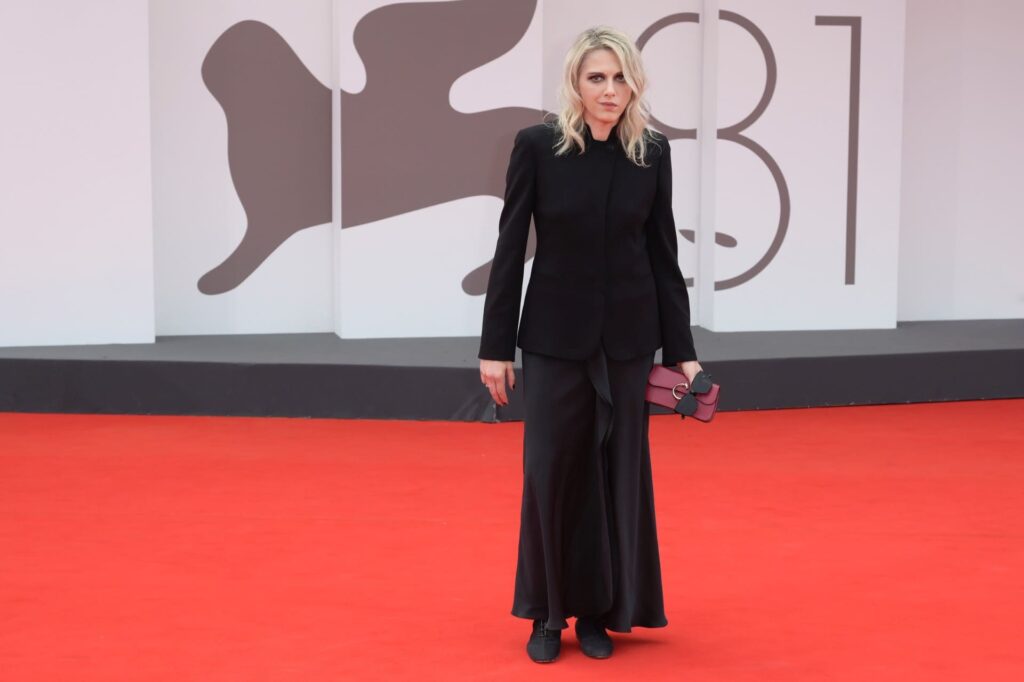
Winning over 647 awards for Santa Guerra and almost 300 for Katabasis is an extraordinary achievement. How do you navigate the festival circuit, and what role do festivals play in shaping the journey of an independent filmmaker?
I think that the reception of my films at Festivals is even more surreal than the films themselves! My agent believes that Festivals are important showcases for certain types of films. Of course, at the same time we also try to be screened in theaters through a small distribution. And finally, a sale to platforms like Amazon is always planned. However, Festivals are an important stage and I am very happy with the love that has surrounded Santa Guerra and Katabasis.

You have a background in documentary filmmaking as well, such as Via Crucis to Pantheon. Does your experience with documentaries influence your approach to narrative filmmaking?
I think the world of documentary has helped me a lot. Certainly, the construction of documentaries has put a little order into my scripts. And then I love art. Paintings, sculptures, are often actors in my films. They have a key role. They represent incarnations.
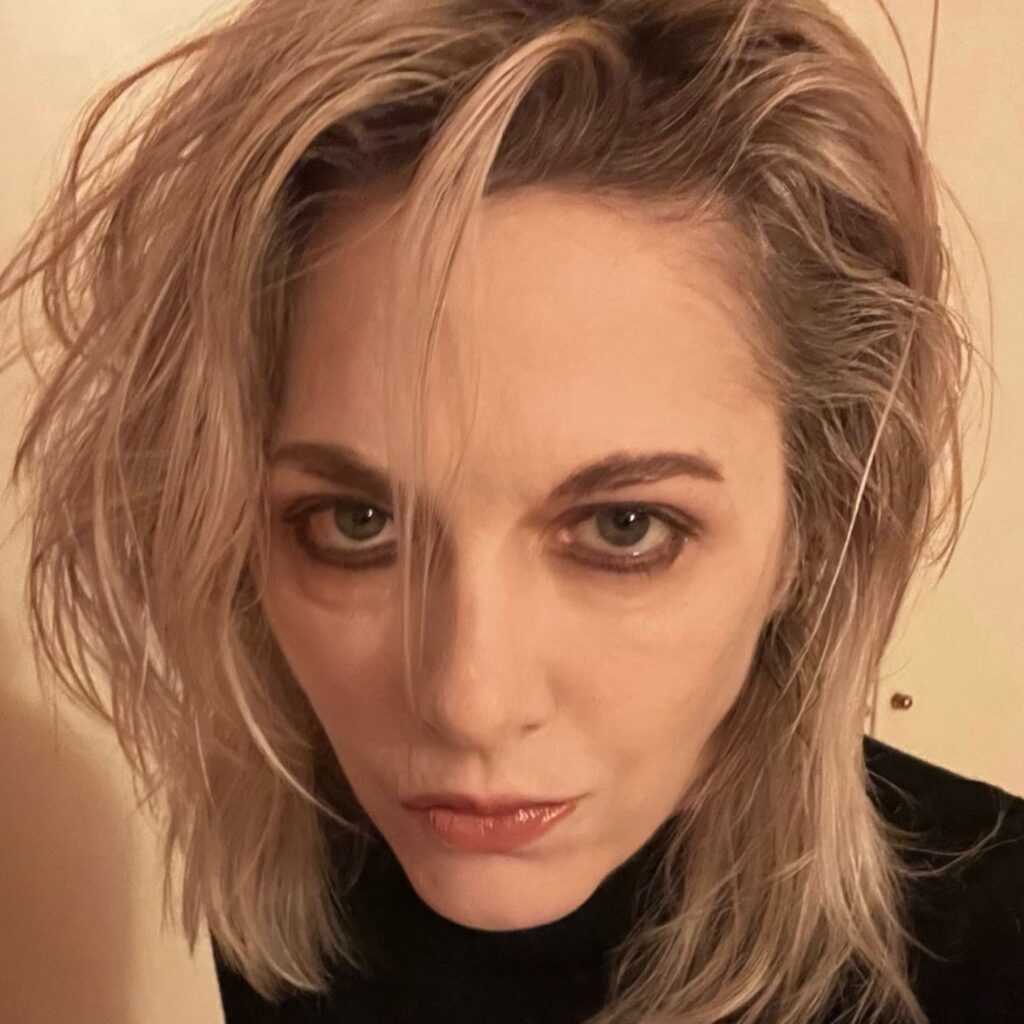
Much of your work, from I Am Banksy to The Antithesis of Love, carries a poetic and symbolic depth. Are there particular artists, poets, or filmmakers who have profoundly influenced your creative style?
In cinema I am eternally indebted to Ingmar Bergman and David Lynch. I also deeply love Terrence Malick, Stanley Kubrick, Krzysztof Kieślowski and Andrey Tarkovsky. Russian literature was my first love, Dostoevsky above all. And Esenin in poetry. Over time I began to adore American literature: Faulkner, Steinbeck, Hemingway, Capote and Philip Roth. I also love Stig Dagerman very much, I think he is brilliant. In the world of art I should mention too many names: Caravaggio, Schiele, Dalì, Picasso, Bosch, Modigliani, Munch, Schiele, Van Gogh, Beksinski, Magritte, Holbein, Soutine, Von Stuck, Simberg, Antonello da Messina, Ernst… Too many indeed…
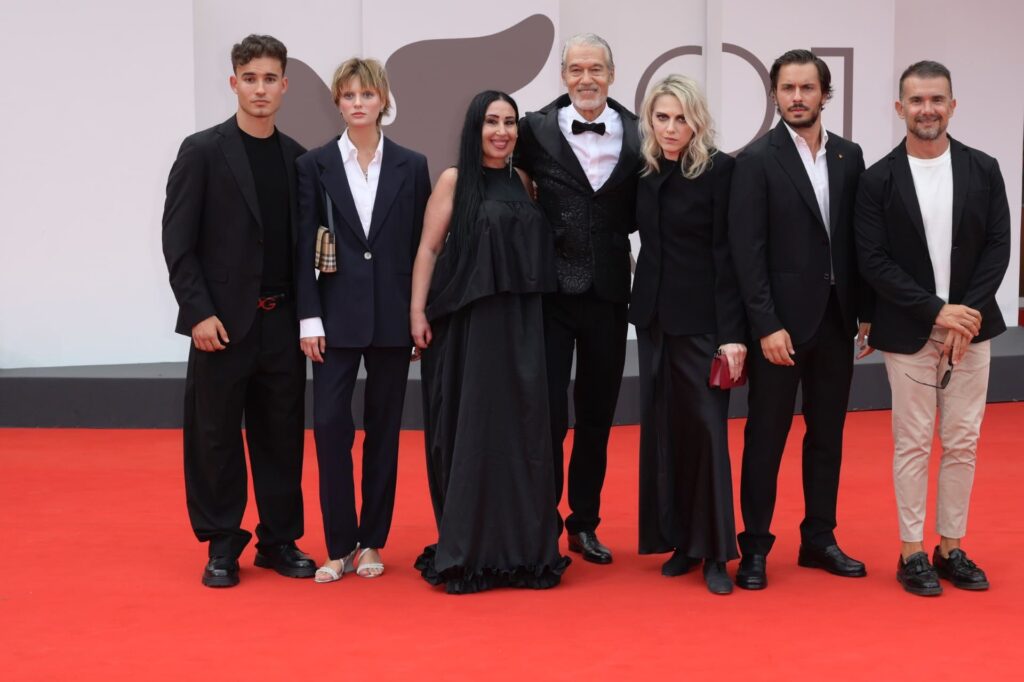
Your films have been celebrated at prestigious venues like the Venice Film Festival and the TCL Chinese Theatre in Los Angeles. Do you have a specific moment from these events that stands out as particularly meaningful in your journey?
The Chinese Theatre was the first great moment. Of course, the first time in Venice was also special, but I think the moment I would like to relive forever is my second time in Venice culminating with the award for the Starlight Prize for innovative direction.
Looking ahead, what kind of stories do you feel compelled to tell next? Is there a new direction or theme you’re eager to explore in your future projects?
I want to make the third chapter of my “Trilogy of the Subconscious” that began with Santa Guerra and continued with Katabasis. It will be a very raw film, perhaps the most devastating film of all because the love life of the two protagonists is at the mercy of a curse that comes from the past. After that, at the moment I don’t know, I don’t rule out accepting the direction of a movie written by someone else to shoot in the United States. I certainly don’t intend to make many films as a director. I would like to enter the production mechanism and help other directors make their movies.
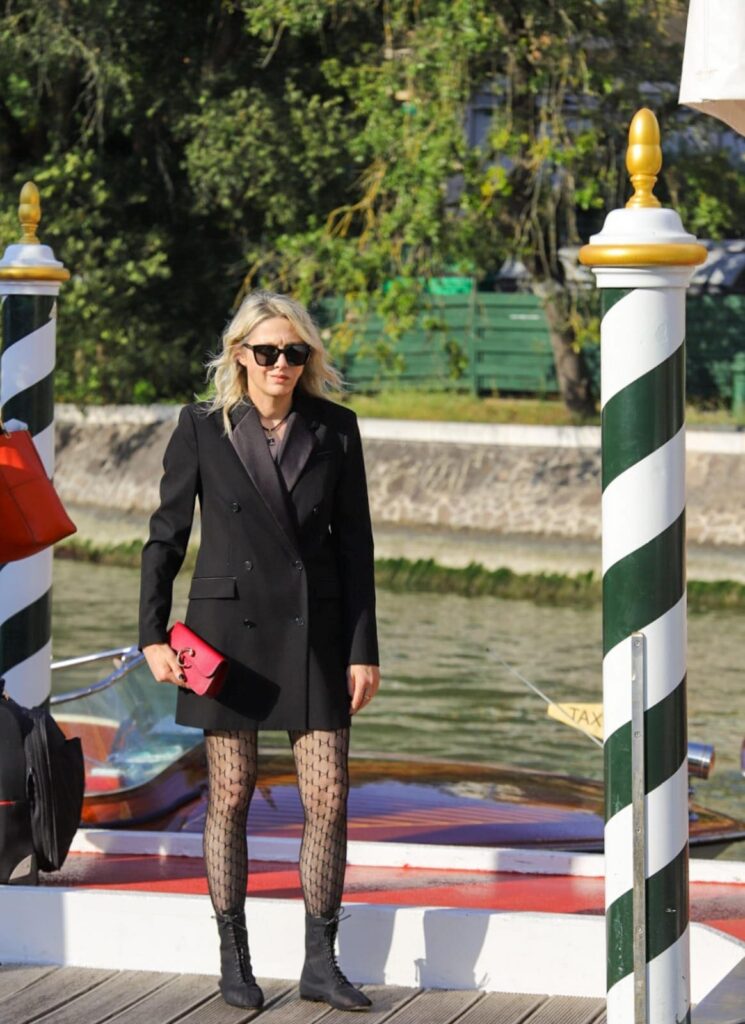

FilmmakerLife is proud to be a global team of dedicated professionals who are passionate about the world of filmmaking.